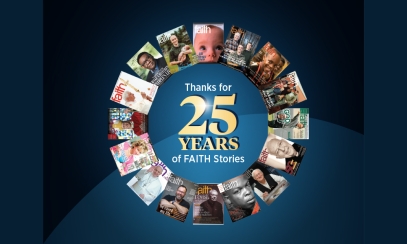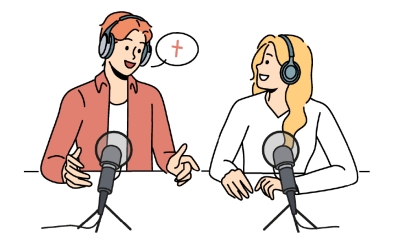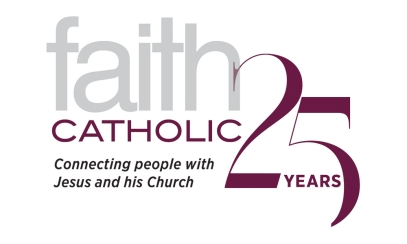Deacons have a call of their own
After prayer and worship, the first concern of the Apostles was for the poor and marginalized. It is noteworthy that the Apostles ordained deacons in order to help them in caring for the poor before the first presbyters (priests) were ordained. Such was the deacon’s closeness and attachment to the Apostles. Vatican II restored the diaconate as a particular and permanent rank of the hierarchy. Deacons have their own divine calling. They are not “junior priests” or glorified laymen. They are very special in the life of the Church, and have a call of their own.
First, we need to know something about deacons in history. We initially encounter deacons in the famous passage in Acts 6:2, where St. Peter declared it is not proper for the Apostles to give up preaching so that they can wait on tables. Accordingly, they ordained seven deacons, including the proto-martyr Stephen, to serve the Christian community. By the end of the ancient world, the deacon was the bishop's principal assistant, serving as his "eyes and ears," and taking care of Church property as well as administrative matters.
Deacons quickly became VIPs. One measure of the importance of the deacon in the early Church is the number of deacons elected pope in the early Middle Ages. Of the 37 men elected pope between 432 and 684 A.D., only three are known to have been ordained to priest before their election to the chair of Peter. A number of cardinals in the history of the Church were never ordained priests or bishops. They remained deacons.
Of the manifold functions exercised by the deacon during the first Christian millennium, today's deacon is permitted to hold only the offices of chancellor, finance officer and judge of the tribunal. All these duties, it might be noted, also can be held by a layperson.
Besides his administrative and judicial roles, the restored deacon is given certain liturgical roles: he may baptize solemnly, witness marriages, administer sacramentals, conduct funerals, read sacred Scripture, preach and instruct the faithful. He is portrayed as the leader of the congregation in prayers. His functions include roles at Mass and in conferring sacraments, as well as in the Liturgy of the Hours, services of the word, sacramentals and public devotions.
The diaconate is no longer simply the last step to ordination of priests, as was the case when I was ordained a deacon back in 1966 and still in the seminary one year prior to ordination into the priesthood. Today, the fullness of sacred orders is restored as collaborative ministry in the life of the Church, and is made more fully manifest in the restored permanent diaconate.



